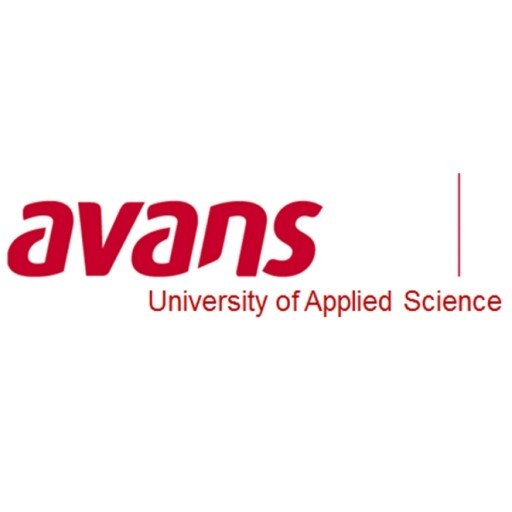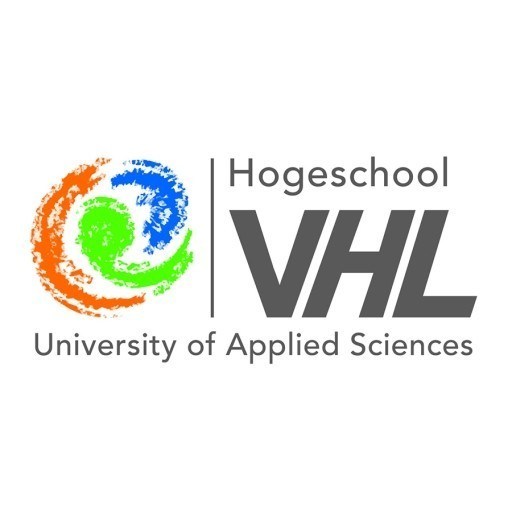Photos of university / #tudelft
The Master’s in Clinical Technology at Delft University of Technology offers an interdisciplinary and innovative educational pathway designed to prepare students for advancing healthcare technologies and improving patient outcomes. This programme combines principles from engineering, medical sciences, and technology to develop solutions that address complex medical challenges. Students gain in-depth knowledge of medical device design, biomedical instrumentation, imaging techniques, and digital health applications, enabling them to contribute effectively to the development, implementation, and management of technological innovations in healthcare settings.
Throughout the programme, students engage in a rigorous curriculum that emphasizes both theoretical understanding and practical skills. They learn to analyze medical problems, design and test medical devices, and assess the safety, efficacy, and usability of healthcare technologies. The curriculum includes courses on medical signal processing, biomaterials, clinical decision support systems, and healthcare data management, complemented by collaborative projects with healthcare providers and industry partners. This approach ensures that graduates are well-equipped to navigate the complex regulatory environments and ethical considerations inherent in medical technology development.
The programme promotes a multidisciplinary learning environment where students collaborate with peers from various backgrounds, including engineering, medicine, and health sciences. This collaborative aspect enhances innovation and problem-solving capabilities, preparing students to work effectively in diverse teams within the healthcare sector. In addition to technical expertise, students develop critical soft skills such as project management, communication, and ethical decision-making, which are vital for leadership roles in the medical technology field.
Graduates of the Master’s in Clinical Technology are highly sought after in various healthcare settings, medical device companies, research institutes, and regulatory agencies. They are equipped to contribute to the creation of safer, more effective medical devices, personalized medicine, and digital health solutions that improve patient care quality and healthcare efficiency. The programme also provides a solid foundation for those interested in pursuing further research or a PhD, fostering ongoing innovation in medical technology.
With its strong links to industry and healthcare institutions, Delft University of Technology ensures that students benefit from internships, collaborative projects, and access to cutting-edge research facilities. The programme’s focus on real-world applications and industry needs prepares graduates to make meaningful contributions to the rapidly evolving field of clinical technology. Whether your goal is to develop groundbreaking medical devices, optimize healthcare processes, or lead technological advancements in medicine, the Master’s in Clinical Technology offers the essential knowledge, skills, and experience to succeed in this dynamic and impactful field.
The Master’s program in Clinical Technology at Delft University of Technology is a comprehensive and innovative educational pathway designed to equip students with advanced knowledge and practical skills in the development, integration, and application of medical technologies. This program addresses the growing need for skilled professionals who can bridge the gap between engineering, healthcare, and technological innovation to improve patient care and medical outcomes. Throughout the program, students explore a wide range of topics including biomedical instrumentation, medical imaging, diagnostic devices, and healthcare data management, all within a multidisciplinary framework.
The curriculum combines theoretical coursework with hands-on projects, fostering a deep understanding of both the scientific principles and the practical challenges of clinical technology. Students learn to design, test, and evaluate medical devices, ensuring they meet regulatory standards and are safe and effective for clinical use. They are trained to analyze clinical needs and translate these into technological solutions, collaborating closely with healthcare professionals, researchers, and industry partners. Emphasis is placed on innovation, critical thinking, and problem-solving, preparing graduates to lead development teams and contribute to cutting-edge medical advancements.
Additionally, the program emphasizes the importance of ethical considerations, user-centered design, and the societal impact of medical technologies. Students gain experience in managing complex projects from conception through prototyping to commercialization, equipping them with entrepreneurial skills necessary for the medical device industry. The program also integrates opportunities for internships and collaborations with hospitals and medical device companies, providing valuable industry exposure and practical experience.
Graduates of the Clinical Technology master’s program are well-prepared for careers in medical device development, clinical engineering, healthcare innovation, and research. They possess the technical expertise to contribute to the improvement of medical diagnostics and treatments, and the leadership skills to navigate regulatory environments and market demands. With a strong focus on interdisciplinary collaboration and technological advancement, this program aims to foster innovators who can make a meaningful impact on healthcare systems worldwide.
Other requirements
The financing of studies for the Bachelor’s programme in Klinische Technologie at Delft University of Technology is primarily based on the tuition fees paid by students, which vary depending on the student’s nationality and residency status. Dutch and EU/EEA students benefit from relatively lower tuition fees due to government regulations, whereas non-EU/EEA students are charged higher fees reflective of international study costs. These tuition fees are payable annually and are subject to change, typically announced by the university each academic year. In addition to tuition fees, students are responsible for living expenses, including accommodation, food, transportation, insurance, and study materials. The university offers guidance and resources to assist students in planning their finances efficiently.
Many students finance their studies through various means, such as personal savings, family support, scholarships, grants, or student loans. Scholarships are available through the university’s own scholarship programmes, which are usually awarded based on merit, financial need, or specific criteria set for certain applicant groups. International students may also seek external funding options from their governments or private organizations that support international education. The Dutch government and the university occasionally offer bursaries or partial fee waivers to outstanding students or those demonstrating financial need, although these options are limited and competitive.
Students are encouraged to explore student loan programs available in their home countries, which often provide favorable interest rates and repayment conditions for studying abroad. The university itself does not provide direct student loans but offers financial advice and support services to help students understand their options and plan their finances accordingly. Cost of living in Delft has historically been manageable compared to other Dutch cities, though students should budget carefully to cover accommodation, health insurance, and daily expenses.
The university recommends early financial planning to secure necessary funding and emphasizes the importance of maintaining sufficient financial resources throughout the duration of the study programme. In sum, financing a degree in Klinische Technologie involves a combination of tuition fees, personal funds, potential scholarships, and external financial aid, with a focus on careful planning and resource management to ensure students can complete their studies without undue financial hardship.
The Master's programme in Clinical Technology at Delft University of Technology is a specialized engineering course designed to prepare students for innovative roles in the healthcare technology sector. The programme focuses on developing advanced competencies in designing, evaluating, and implementing medical devices and systems that improve patient care and healthcare outcomes. It combines principles from engineering, medicine, and biomedical sciences to equip graduates with the skills necessary to address complex clinical challenges through technological solutions. Students gain hands-on experience through laboratory work, projects, and collaborations with healthcare institutions, enabling them to translate theoretical knowledge into practical applications. The curriculum covers areas such as biomedical signal processing, medical instrumentation, imaging technologies, regenerative medicine, and health data management. The programme emphasizes interdisciplinary teamwork, innovation, and entrepreneurship to foster the development of market-ready medical solutions. Graduates of this programme are well-prepared for careers in research and development, biomedical engineering, medical device industry, and healthcare innovation. The programme is offered in English and typically has a duration of two years, attracting students from diverse international backgrounds. The Delft University of Technology provides extensive facilities, laboratories, and partnerships with healthcare providers to support student projects and research activities. Overall, the Master's in Clinical Technology aims to contribute to the advancement of healthcare through technological innovation by training highly skilled biomedical engineers capable of making significant contributions to medical science and patient health.






